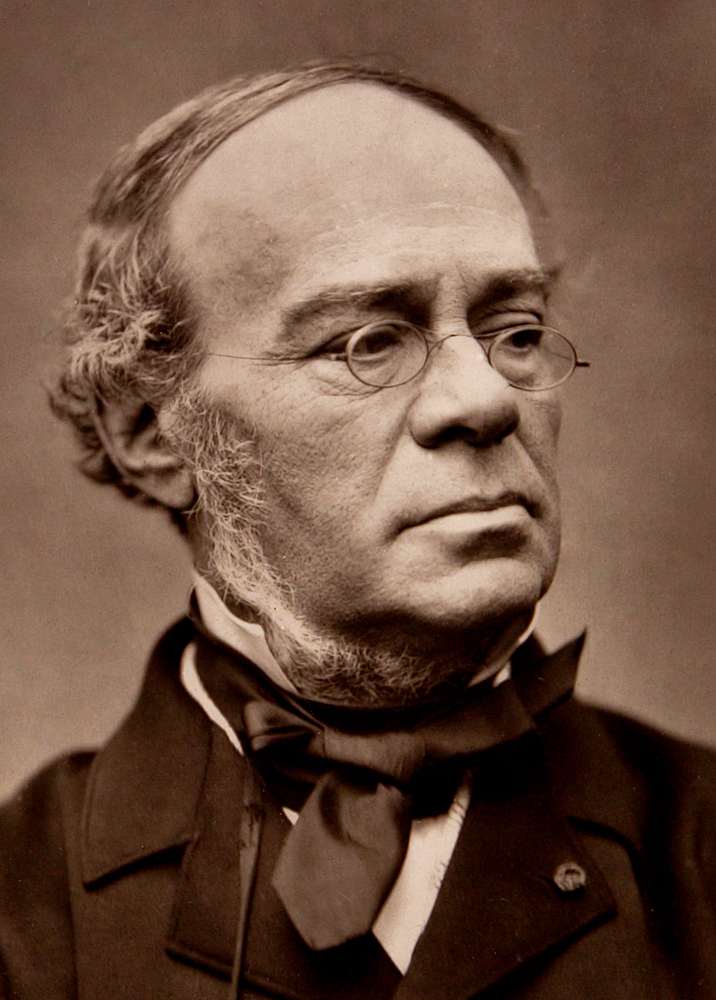Jacques-François-Fromental-Élie Halévy’s name is probably longer than his footnote in musical history, but his tale is one worth the telling and a hundred years on throws up an unexpected Proustian connection.
 Jacques-François-Fromental-Élie Halévy
Jacques-François-Fromental-Élie Halévy
Fromental for short – meaning ‘oat grass’, hardly a name auspicious of genius – Halévy was born in 1799 and accepted into the Paris Conservatoire aged nine as a protégé of Berlioz’s nemesis Cherubini. Early successes culminated in one of the grandest of grand operas: 1835’s La Juive. A tale of discrimination, revenge, and babies swapped in childhood, it concludes with the Jewess of the title plunging into a vat of boiling water. Caruso popularised its hit aria, Rachel, quand du Seigneur, and no less a connoisseur than Mahler adored it: “I regard it as one of the greatest operas ever created,” he gushed.
Not everyone agreed. Heinrich Heine, the 19th century’s most noted sourpuss, carped that as an artist Halévy was “without the slightest spark of genius”. And though Wagner praised 1841’s La Reine de Chypre, George Sand dissed the work in a letter to Eugène Delacroix. “You did well not...










Comments
Log in to join the conversation.